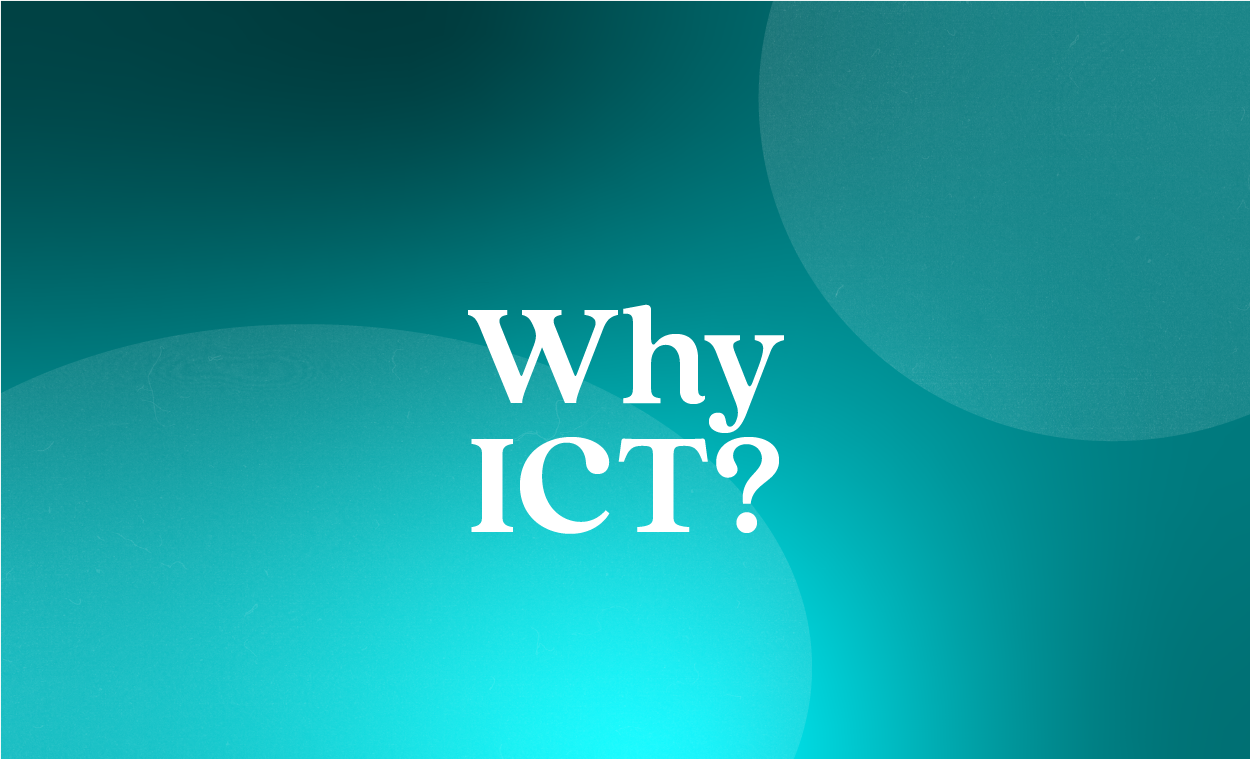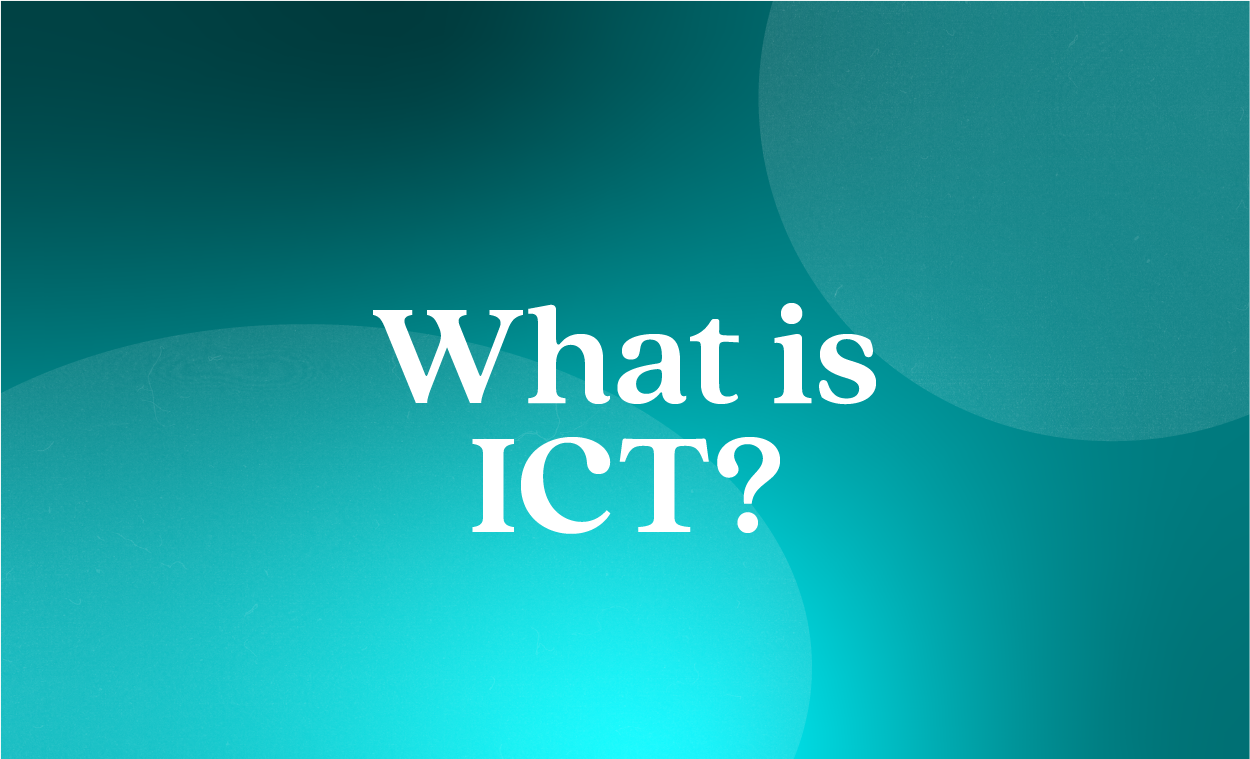
A Unique Approach: Exploring ICT's Potential in Mental Healthcare
ICT's Potential to Revolutionize Mental Healthcare
Prioritizing horizontal connections and community mobilization
Addressing the Mental Health Crisis: Seeking a Path to Change
In this article, we delve into the distinctiveness of Integrative Community Therapy (ICT) as a long term solution to the prevalent mental health crisis. We shed light on the limitations of the current linear model of care in the United States and explore an alternative approach that can enhance the accessibility, affordability, and effectiveness of mental healthcare. Dr. Kenneth Thompson, Executive Director of Visible Hands Collaborative, has been working in the community mental health setting for decades, and has actively sought ways to address the challenges inherent in the existing system.
Through his extensive experience, Dr. Thompson has encountered persistent issues with the linear model of mental healthcare. This approach, focused on a lengthy referral process and one-on-one care, falls short in meeting the incredible demand for accessible, affordable, and effective mental healthcare. As time has passed, the shortcomings of this model have become increasingly evident. In response, Dr. Thompson began exploring ways to expand mental health support, such as integrating psychiatric care into primary healthcare settings with a goal to streamline the process and minimize delays caused by referrals, insurance claims, and waiting periods for therapy sessions.
Instead, Dr. Thompson's journey led him to discover a promising method being developed in Brazil, aimed at providing care to large groups of people at once. Recognizing the importance of connection and mutual support in addressing mental health challenges, he embarked on a mission to import and adapt ICT as a meaningful resource for individuals in the United States.
The Woman at the Front of the Line
Dr. Adalberto Barreto, a Brazilian psychiatrist, was approached by his brother to help a struggling community in the shantytowns of Fortaleza, Brazil. The community consisted of unhoused migrants facing difficulties adapting to their new reality. Dr. Barreto arrived in the favela to provide psychiatric assistance, and soon a line formed with people seeking his help.
At the front of the line was a woman who expressed trouble sleeping. Initially, Dr. Barreto approached the situation clinically, offering to prescribe sleeping pills to the woman. However, when he asked the woman if she desired medication, she replied that she was struggling to provide for her children, and that it would be impossible for her to afford the prescribed medication. It was then revealed that the root cause of her sleeplessness was the traumatic experience of witnessing her husband's murder.
At this point, fellow community members stepped forward, offering comfort and support. They massaged her feet, brought her tea, offered hugs, and wrapped her in a blanket. Dr. Barreto quickly realized that as a lone clinician, he couldn't help every individual in the line.
Dr. Barreto understood that medication was not the most pressing requirement in the community. Instead, he recognized the need to mobilize the community's own resources to address the challenges they faced. This realization prompted him to develop a method that would harness the community's collective abilities. This method, later known as ICT, aimed to foster problem-solving, emotional literacy, and emotional solidarity, ultimately creating a community-driven approach to care.
The Uniqueness of ICT: Unlocking Potential through Solidarity Care
The Concept of ICT:
The concept of ICT emerged within the favelas of Fortaleza, Brazil, as a response to the community's pressing needs. ICT is a large group dialogic method involving 10-200 participants. Its core idea is that individuals possess resources and capabilities that can be shared with one another. However, they are often unaware of these resources and lack opportunities for collaboration. Additionally, individuals encounter various problems in need of solutions, but aren’t sure where to find them.
The Process of ICT:
A round of ICT begins by fostering a welcoming environment, which is crucial for creating a conducive atmosphere for dialogue. Each individual is then invited to describe their challenges, while the moderators work to identify commonalities among these challenges. It's important to note that during the sharing process, community members speak from their own experiences, refraining from providing advice or delivering speeches. Through this collective sharing, participants gain new ideas for overcoming their challenges and build connections, creating a sustained sense of support. This approach promotes emotional literacy, emotional solidarity, and problem-solving, facilitating the development of a community-oriented framework called "solidarity care."
The Value of Solidarity Care:
Solidarity care establishes linkages, connections, and supportive communication channels that hold significant meaning for individuals. The primary goal of ICT is to provide a supportive and meaningful network, while problem-solving becomes a secondary outcome or added benefit. In contrast, clinical care fails to develop the same level of community engagement and is incapable of drawing upon the strengths of the community. Clinical care tends to isolate problems, placing the burden solely on the client and therapist. In contrast, ICT emphasizes the importance of tying emotional support to community engagement. Being part of a community is essential for healing and problem-solving, operating at a level that doesn't require primary care institutions.
ICT represents a unique approach to mental healthcare. By prioritizing horizontal connections and community mobilization, ICT taps into individuals' collective resources and capabilities while providing a supportive and meaningful environment. Solidarity care, as exemplified by ICT, offers an alternative to traditional linear models of care and holds tremendous potential in addressing the mental health crisis through community-based support systems.



